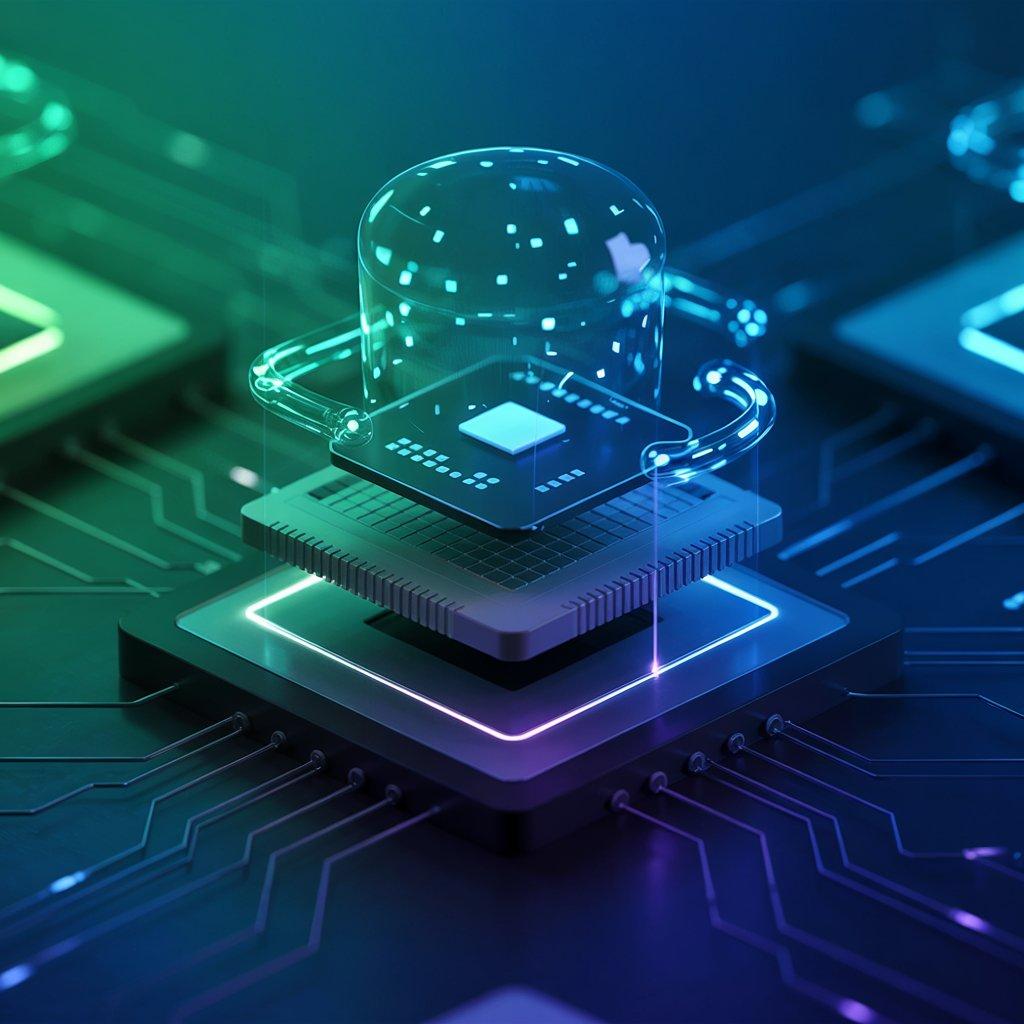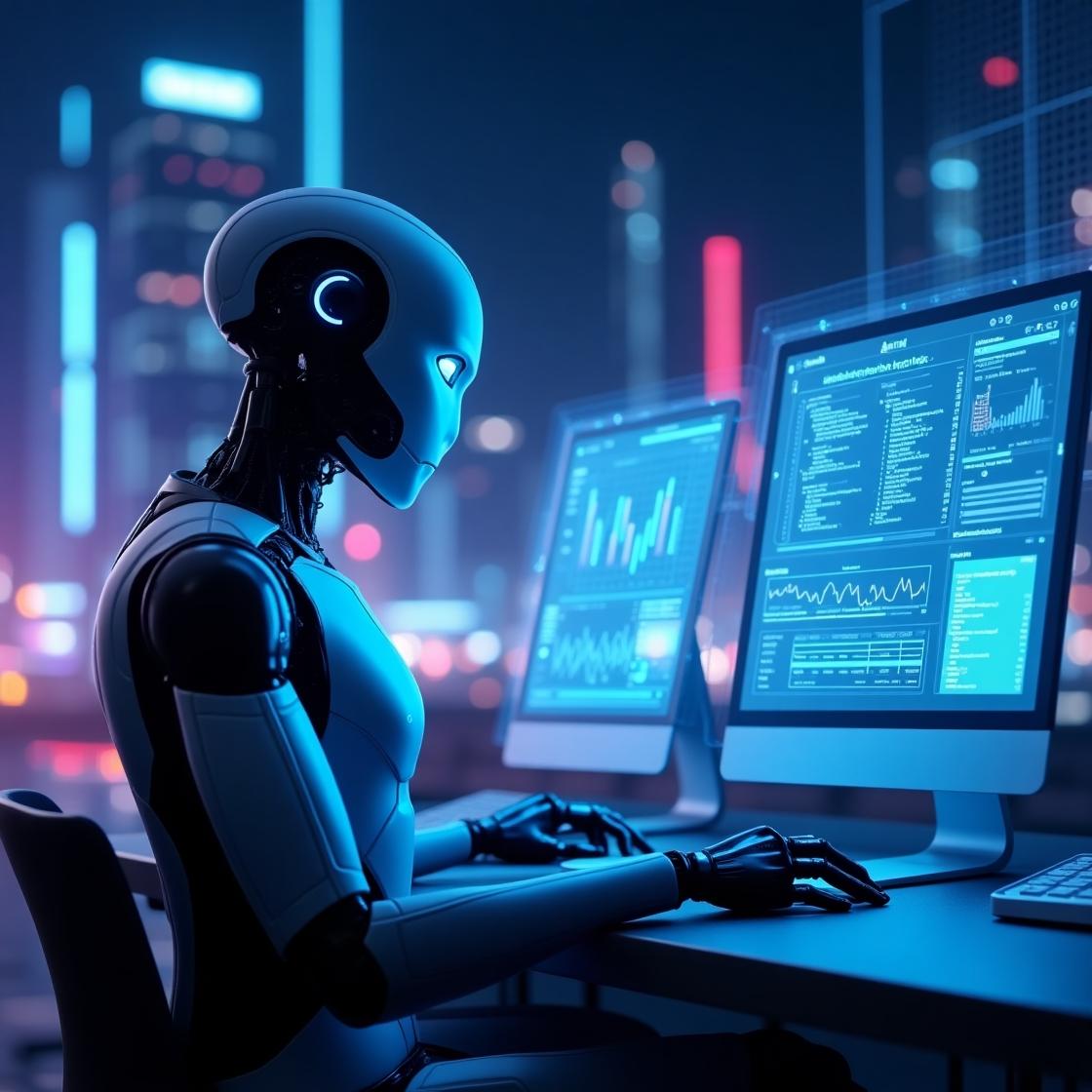by Admin 26 Mar
How AI is Making Learning Personal and Smarter
Education is changing fast, and Artificial Intelligence (AI) is playing a big role in this transformation. From helping students learn at their own pace to giving teachers valuable insights about their students’ progress, AI is making education smarter, more personalized, and more effective.
In the past, education was often a one-size-fits-all model — the same lessons, teaching style, and pace for every student. But not all students learn the same way or at the same speed. AI is changing that by creating customized learning experiences that adapt to each student’s strengths, weaknesses, and learning style. Let’s explore how AI is transforming education and making learning more personal and effective.
What is AI in Education?
AI in education refers to the use of machine learning, natural language processing (NLP), and data analysis to create smart educational tools and platforms. These AI-powered systems can:
Analyze student performance – AI can track how students are performing in real time and identify areas where they are struggling.
Provide personalized learning paths – Based on the student’s progress, AI can adjust the difficulty of lessons, recommend extra practice, and suggest alternative learning methods.
Automate grading and feedback – AI can instantly grade quizzes and assignments, giving students quick feedback and helping teachers save time.
Offer 24/7 support – AI-powered chatbots and virtual tutors can answer students' questions anytime, helping them study even outside of regular school hours.
AI is not replacing teachers — instead, it’s acting as a powerful tool to support teachers and make their work more effective.
How AI is Personalizing Learning
AI is making education more personalized in several ways:
🔹 1. Adaptive Learning Platforms
AI-powered learning platforms like Khan Academy and Duolingo adjust the difficulty of lessons based on the student’s progress.
If a student struggles with a concept, the platform will offer easier exercises or extra explanations.
If a student masters a concept quickly, the platform will provide more challenging material to keep them engaged.
➡️ This helps students learn at their own pace without feeling overwhelmed or bored.
🔹 2. Intelligent Tutoring Systems
AI tutors like Socratic by Google and Photomath can help students solve problems step-by-step, providing hints and explanations along the way.
These AI systems understand how students think and adjust their teaching style accordingly.
They also remember where a student previously struggled and focus on improving those weak spots.
➡️ It’s like having a personal tutor available anytime, anywhere!
🔹 3. Smart Content Creation
AI is helping teachers create better and more engaging content.
AI tools can generate quizzes, worksheets, and even lesson plans based on the curriculum.
Platforms like Quizlet and Knewton use AI to create flashcards and practice tests tailored to the student’s needs.
➡️ This reduces the teacher’s workload and ensures that learning materials match each student’s level.
🔹 4. AI-Powered Feedback and Grading
Grading assignments and giving feedback can be time-consuming for teachers. AI can automate this process:
AI can instantly grade multiple-choice tests, coding assignments, and even essays.
AI can also provide detailed feedback, highlighting mistakes and suggesting improvements.
➡️ Students get quick feedback, which helps them learn faster.
🔹 5. Language Learning and Communication
AI-powered language apps like Duolingo and Babbel use NLP to teach languages more effectively.
These apps adjust lessons based on how quickly and accurately the student learns new words and grammar rules.
AI chatbots simulate real-life conversations, helping students practice speaking and listening skills.
➡️ This makes learning a new language more interactive and fun!
The Impact of AI in Education
AI is not just improving how students learn — it’s also helping schools and teachers:
Reduced Workload for Teachers – By automating grading and feedback, AI gives teachers more time to focus on lesson planning and student interaction.
Better Student Outcomes – Personalized learning paths help students understand and retain information better.
Identifying Learning Gaps – AI can spot patterns in student performance and help teachers address gaps before they become bigger problems.
Increased Accessibility – AI-powered tools can support students with disabilities by providing customized content and learning methods.
Challenges and Concerns
Despite its benefits, AI in education also comes with some challenges:
Data Privacy – AI systems need access to student data, raising concerns about privacy and security.
Bias in AI Models – If AI models are trained on biased data, they may produce unfair outcomes.
Teacher Dependence – Over-reliance on AI could reduce the teacher’s role in the classroom.
To address these challenges, it’s important to develop AI systems that are transparent, fair, and designed with the input of educators and students.
The Future of AI in Education
AI is still evolving, but its potential in education is enormous:
AI-Powered Classrooms – Future classrooms could have AI assistants that help teachers monitor student engagement and adjust lessons in real time.
Virtual Reality (VR) + AI – Combining AI with VR could create immersive learning experiences, like virtual field trips or science experiments.
Global Access to Education – AI-powered platforms could bring quality education to remote and underprivileged areas, helping to bridge the education gap.
The goal is not to replace teachers — but to empower them with smarter tools and give students a learning experience that’s tailored to their unique needs.
AI is transforming education by making learning more personalized, efficient, and engaging. With adaptive learning, intelligent tutoring, and real-time feedback, AI is helping students learn faster and better. While challenges around data privacy and fairness remain, the potential benefits of AI in education are too significant to ignore.
Education powered by AI is not a distant dream — it’s already here, and it’s reshaping the future of learning. The question is no longer whether AI will change education — it’s how we can make the most of this incredible opportunity.








